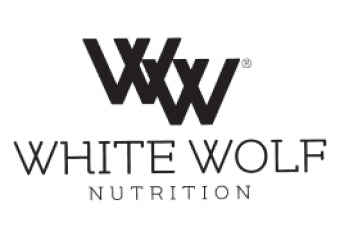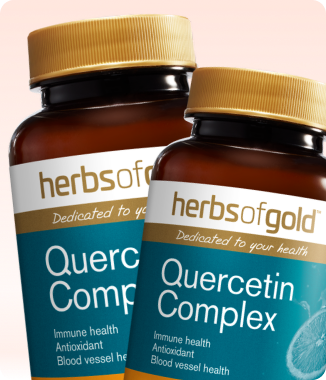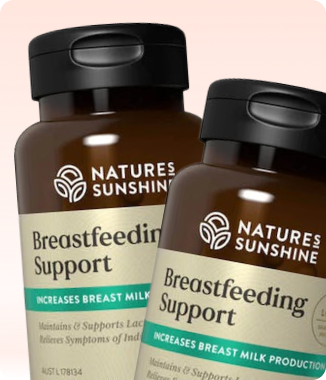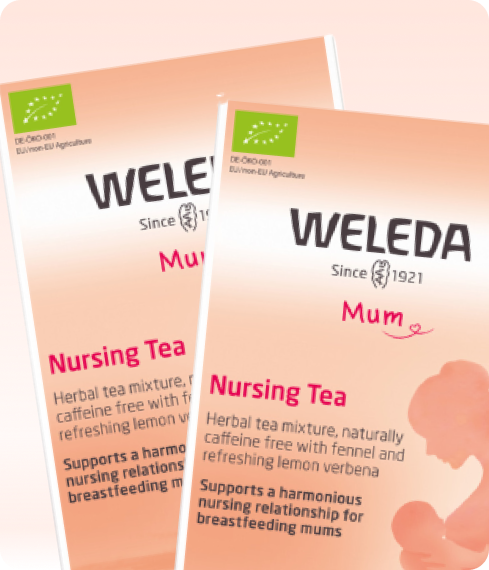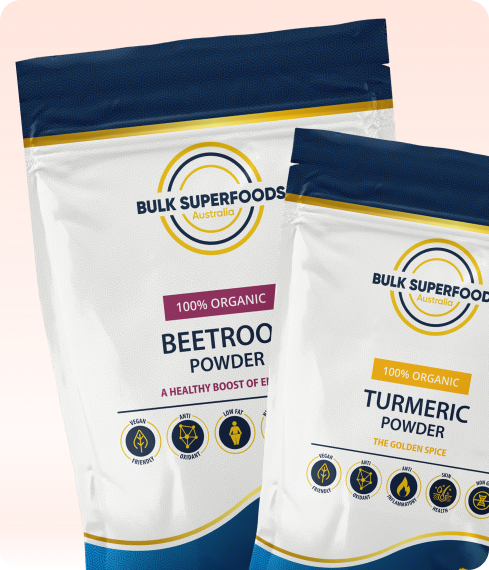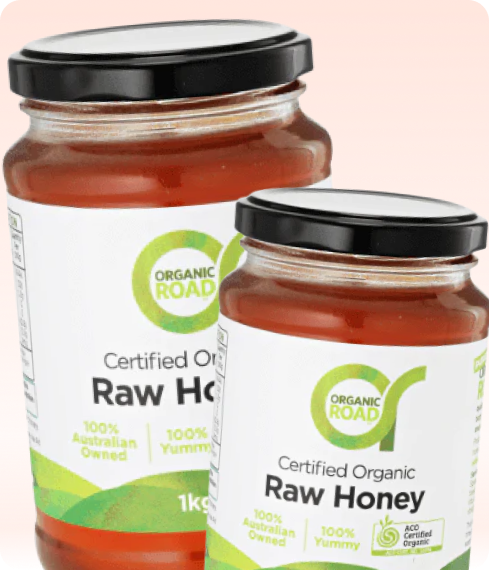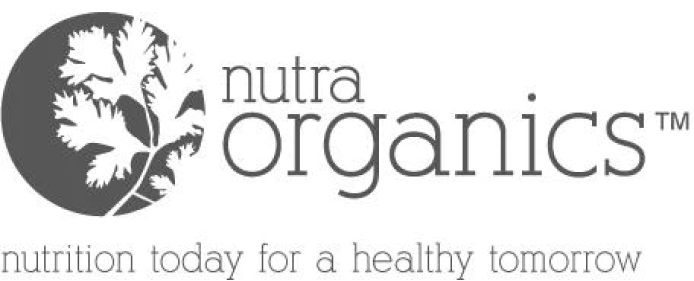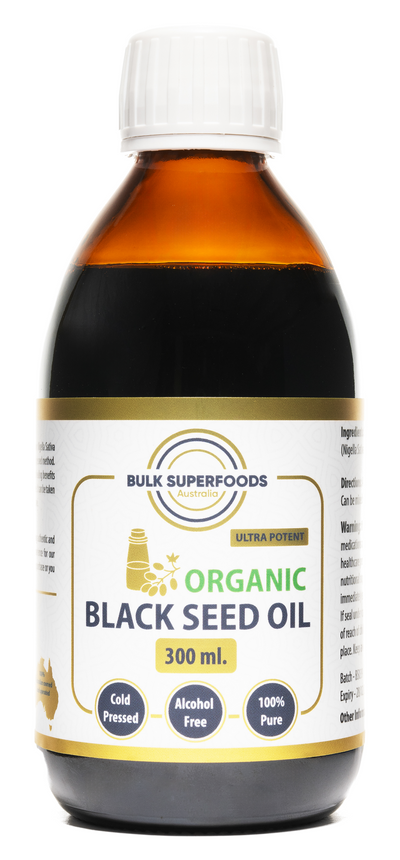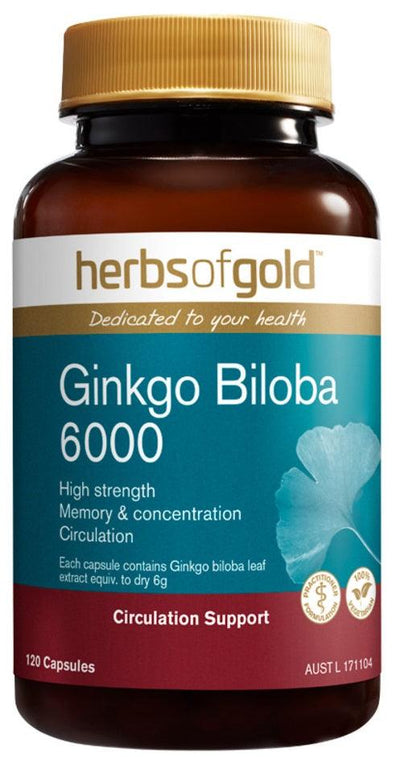Alkalising: why is it important for everyone?

Everyone knows that the key to a healthier lifestyle is eating better and getting plenty of exercise—everyday habits that can go a long away in keeping away the onset of lifestyle diseases and better management of ongoing, chronic conditions. However, did you know that the pH value of your body plays a very important role in your overall health? In order to stay healthier, our bodies need to be alkalized and maintaining a balanced pH level is not very difficult. However, the clarity about it is often missing as alkalisation is often not emphasised by lifestyle coaches and physicians.
“Alkalinity means that something has a pH higher than 7. The human body is naturally slightly alkaline with a blood pH level of around 7.4” [Source: medicalnewstoday.com]
Our pH levels – pH standing for ‘potential of hydrogen’ – are measurements that are based on hydrogen ions present in certain solutions. Usually, the more ions that are present in a solution, the more acidic it will be. On average, our bodies function on a narrow pH range that is near 7.365–slightly alkaline.
A more alkaline diet can help the body’s inherent mechanism that tends to fight weight gain, creating more resistance to storing fat
Anything over 7.7 and anything under 7 on the pH scale can be detrimental to our bodies. This includes our blood supply. The most important part of our body that needs special attention to pH levels is our blood. Even the slightest change in our blood’s pH levels can cause a variety of complications. Based on different dietary habits, people might consume foods that are naturally acidic or alkaline. People who are struggling to maintain an alkaline state might need to consider the role of alkalisation supplements, like Sanum Alkala N Powder, that make a great addition to alkalising the body in a safe way. This can be done in conjunction with slight changes to everyday eating habits, such as consuming more fruits and vegetables over aerated drinks, sauces, curries, and spicy foods.
Higher alkalinity in the body is associated with better energy levels, elevated metabolism, and improved gastrointestinal health
Alkaline v/s Acidic: Let’s settle the debate…
A 2014 study, published in the European journal Diabetologia, involved tracking more than 66,000 women over 14 years. In comparison to women who ate an alkaline diet, participants who consumed high-acid diets showed a significant increase in developing type II diabetes. An acid-forming diet with low vegetable intake is also linked to an increased risk of metabolic syndrome. It is very damaging and impairs the body’s ability to repair or detoxify and it can make a person more susceptible to developing diseases—what is often referred to as being more prone to falling sick repeatedly! Literally, billions of cells in your tissues rely on an alkaline environment to function properly, prevent cellular damage and fend off pathogenic microbes. An acidic body tends to have a lower functioning immune system than a properly alkalized body. A body that promotes proper alkaline levels tends to have better resistance to developing recurring illnesses. Too much acid can negatively affect our white blood cell count, which in turn leaves us more susceptible to a variety of bacteria and viruses. A body that is healthy and alkalized properly will have the ability to be more resistant to diseases and can even prevent certain types of cancers.
More alkalinity in the body can help to keep away symptoms of ageing. A more alkaline body is more likely to prevent the damage to the skin caused by UV sun exposure
Why shift to an alkaline diet?
An alkaline diet is rich in healthy foods and discourages foods such as meats and full-fat dairy that are high in saturated fats. Reducing your intake of saturated fats and replacing them with unsaturated fats, found in avocados, olive oil and nuts, can lower blood pressure and cholesterol levels and improve lipid profiles. The alkaline diet also boosts your intake of fruits and vegetables, which ups your nutritional intake. Increased consumption of plant-based foods can also boost your intake of magnesium, which is generally poor for most adults, according to the Journal of Environmental and Public Health article. Magnesium is essential for many enzyme systems, and deficiency can cause weakness, fatigue, frequent cramping, and abnormal heart rhythms. To conclude it—a more alkaline diet is naturally healthier!
It is commonly advised to maintain a dietary balance of 80% alkaline-forming foods and 20% acidic-forming foods
How to alkalise your body?
The human body is an amazing biological powerhouse. Our kidneys have the important task of regulating blood pH levels. One of the alkalising agents the kidneys release is bicarbonate, which helps to raise the pH when it becomes too acidic. It also increases its excretion of acids into the urine to assist with this process. As we age, the kidneys begin to lose their ability to regulate acid-base (alkaline) balance. Some of the most alkalising foods are fresh fruits, vegetables, and wild rice. But you might notice that our grocery stores and restaurants are made up almost exclusively of acid-forming foods. They are highly palatable and have addictive properties, which makes it easy for us to fill up on them. This is why it is crucial to be aware of what we are putting in our bodies. If you believe you are overly acidic, supplementing your diet with alkalising blends can be helpful. Sanum Alkala N Powder has all the necessary alkaline ingredients, and it is one of the more potent alkaliser formulas.












